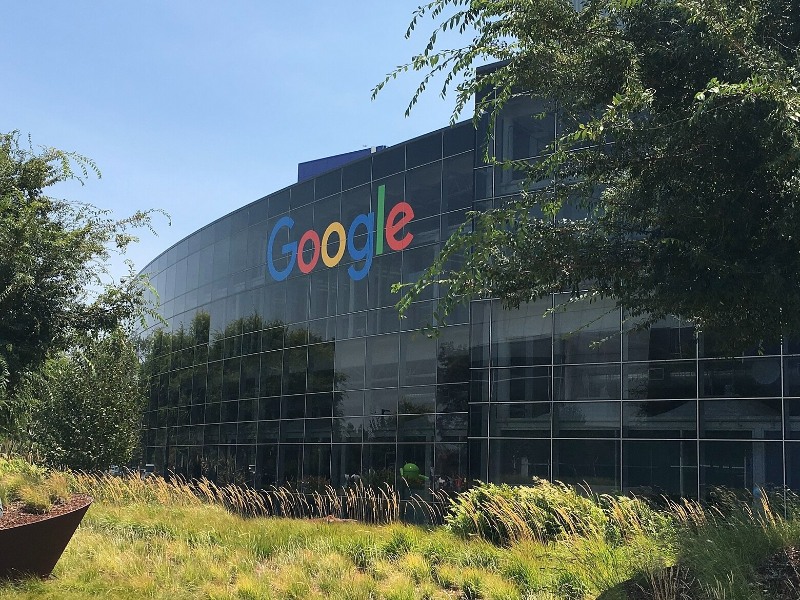- Google loses second antitrust case in a year, accused of monopolising online advertising technology
- Judge orders potential structural changes to Google’s ad exchange practices, signalling future legal challenges
What happened: US court rules Google has an illegal advertising monopoly
A US district judge has ruled that Google holds an illegal monopoly in online advertising technology. The decision comes after a lawsuit by the US Department of Justice, joined by 17 US states, accusing the tech giant of unfairly dominating the market for determining where and which ads should be placed online.
The ruling marks the second significant antitrust defeat for Google in 2025, following a previous case where it was found to hold a monopoly on online search. Judge Leonie Brinkema stated that Google had “wilfully engaged in a series of anticompetitive acts,” which allowed it to acquire and maintain monopoly power. She added that this conduct harmed both publishers and the competitive process, ultimately negatively affecting consumers of online content.
Despite the ruling, Google has vowed to appeal, with its head of regulatory affairs, Lee-Ann Mulholland, asserting that the company’s ad tech tools are “simple, affordable, and effective.” Google managed to win part of the case, as the judge dismissed one of the counts, but the company still faces significant legal pressure.
Also read: Google signs geothermal energy deal in Taiwan for 24/7 clean electricity
Also read: Google restructures workforce amid industry changes
Why it’s important
The ruling is a major victory for US antitrust enforcers and has significant implications for both Google and the wider tech industry. Laura Phillips-Sawyer, a professor at the University of Georgia, noted that the decision shows both agencies and judges are willing to hold big tech firms accountable for anti-competitive behaviour. This case could set a key legal precedent and influence future regulatory actions in the US.
The judge’s decision may also result in structural changes to Google’s ad exchange practices, potentially affecting how revenue is shared between advertisers, publishers, and Google. While the ruling does not threaten Google’s core business, it could have financial repercussions and prompt further scrutiny from regulators globally, including in the UK, where similar concerns have been raised about Google’s advertising dominance. The case is set to move into a second phase focused on remedies, which could include breaking up parts of Alphabet, Google’s parent company.

